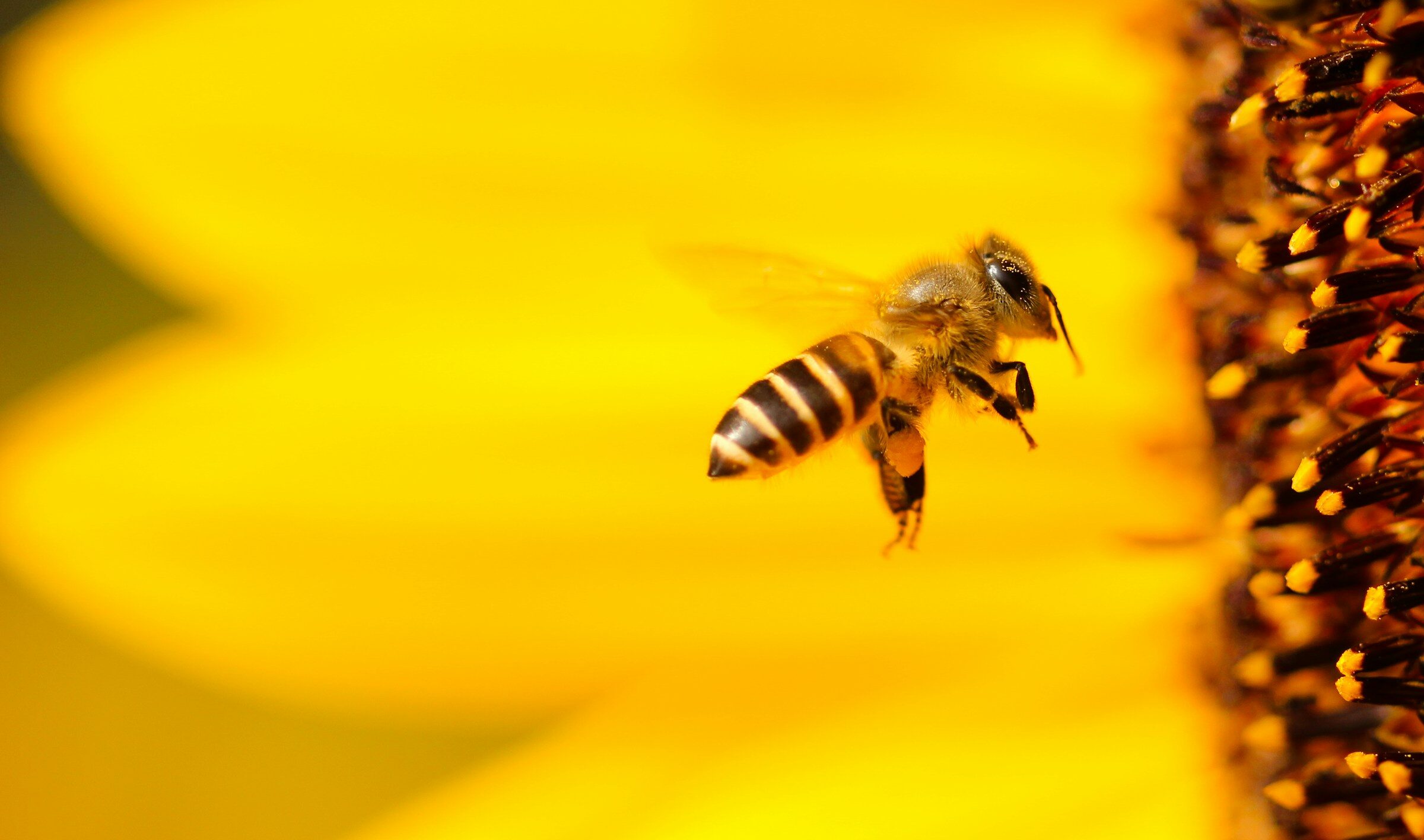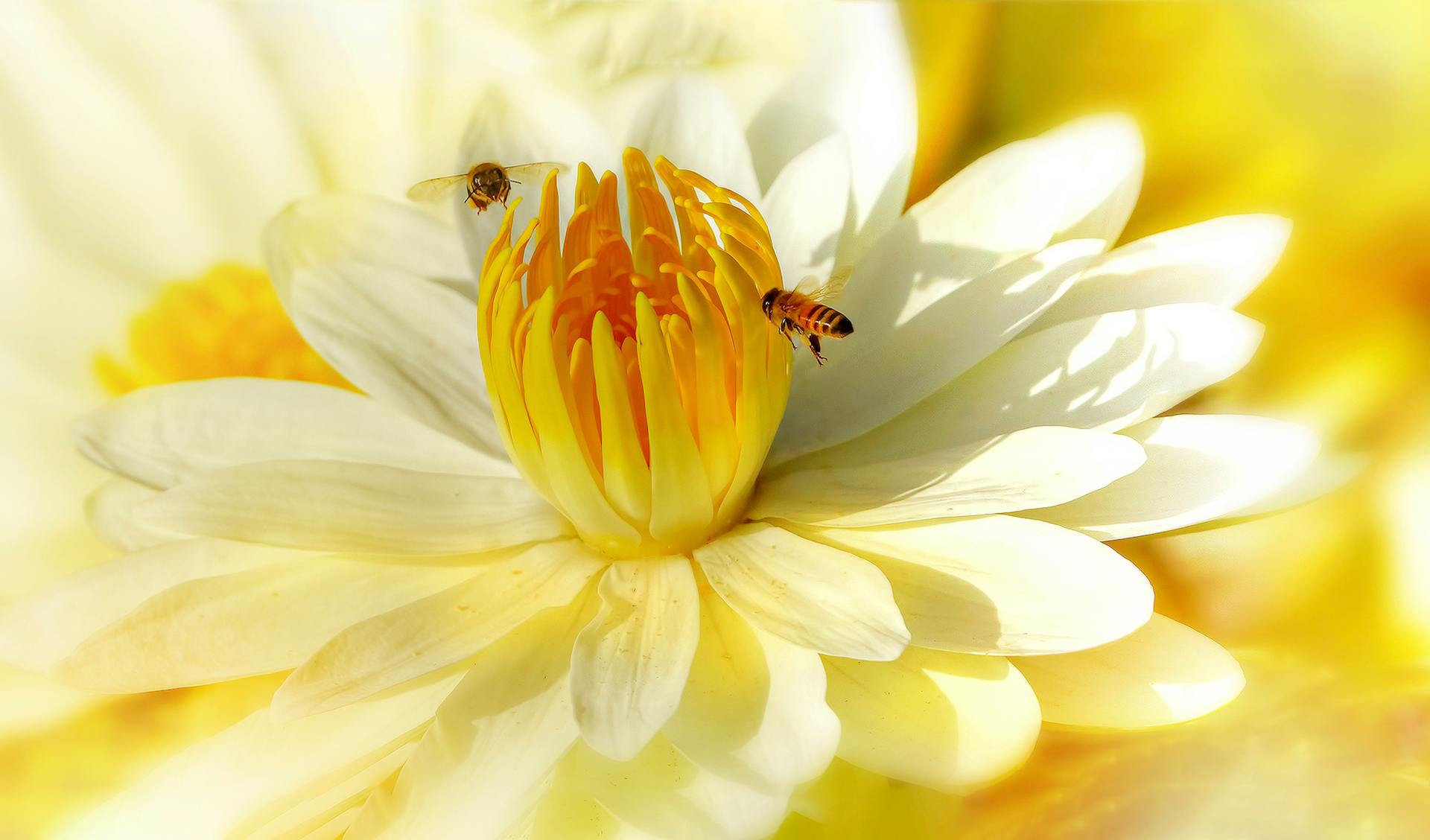Discover
Discover the vital world of pollinators and how you can help protect them.
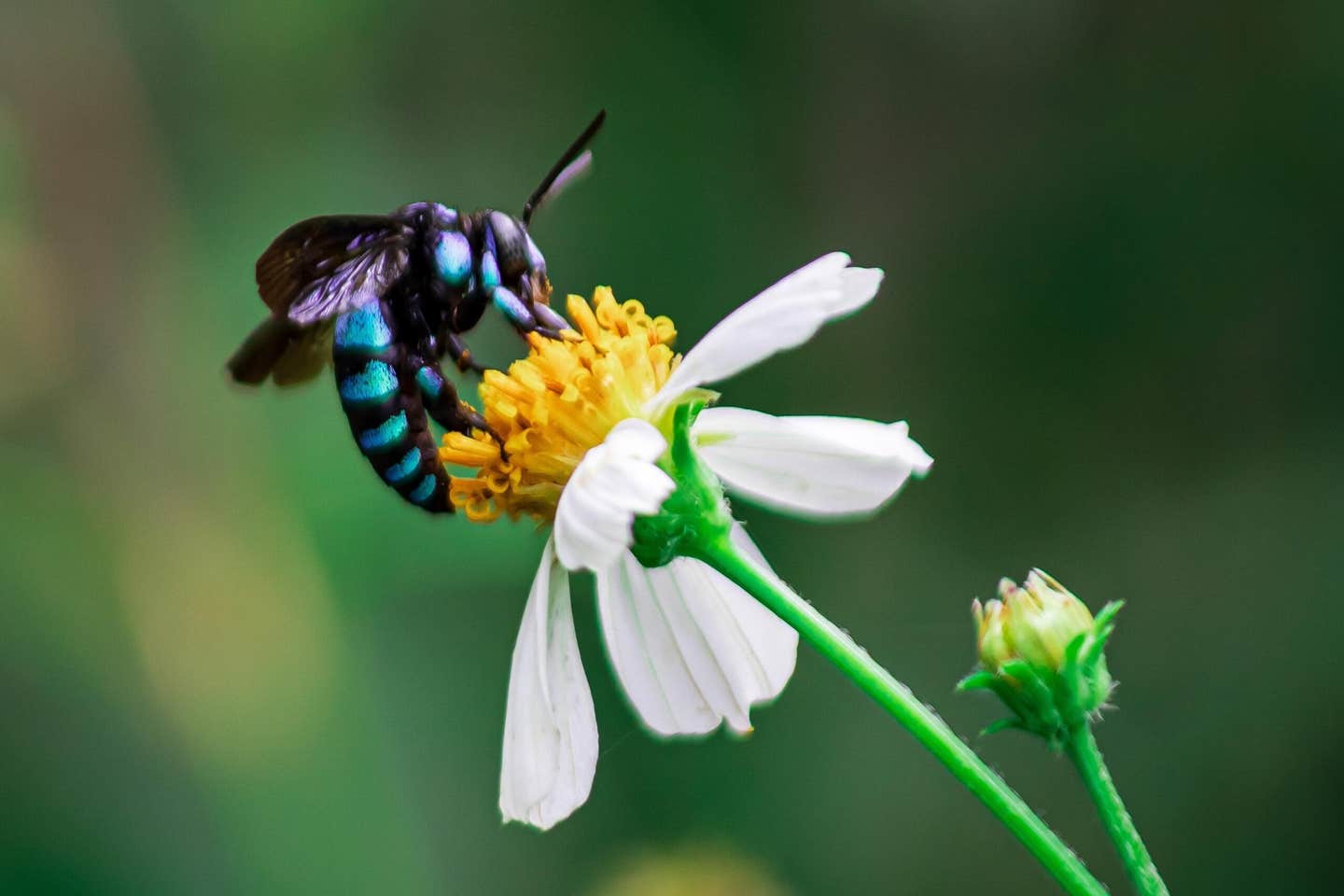
Think you know bees? Think again.
But, pollination is a team effort.
From moonlit moths to hoverflies disguised as bees, a whole cast of heroes keeps nature in motion.





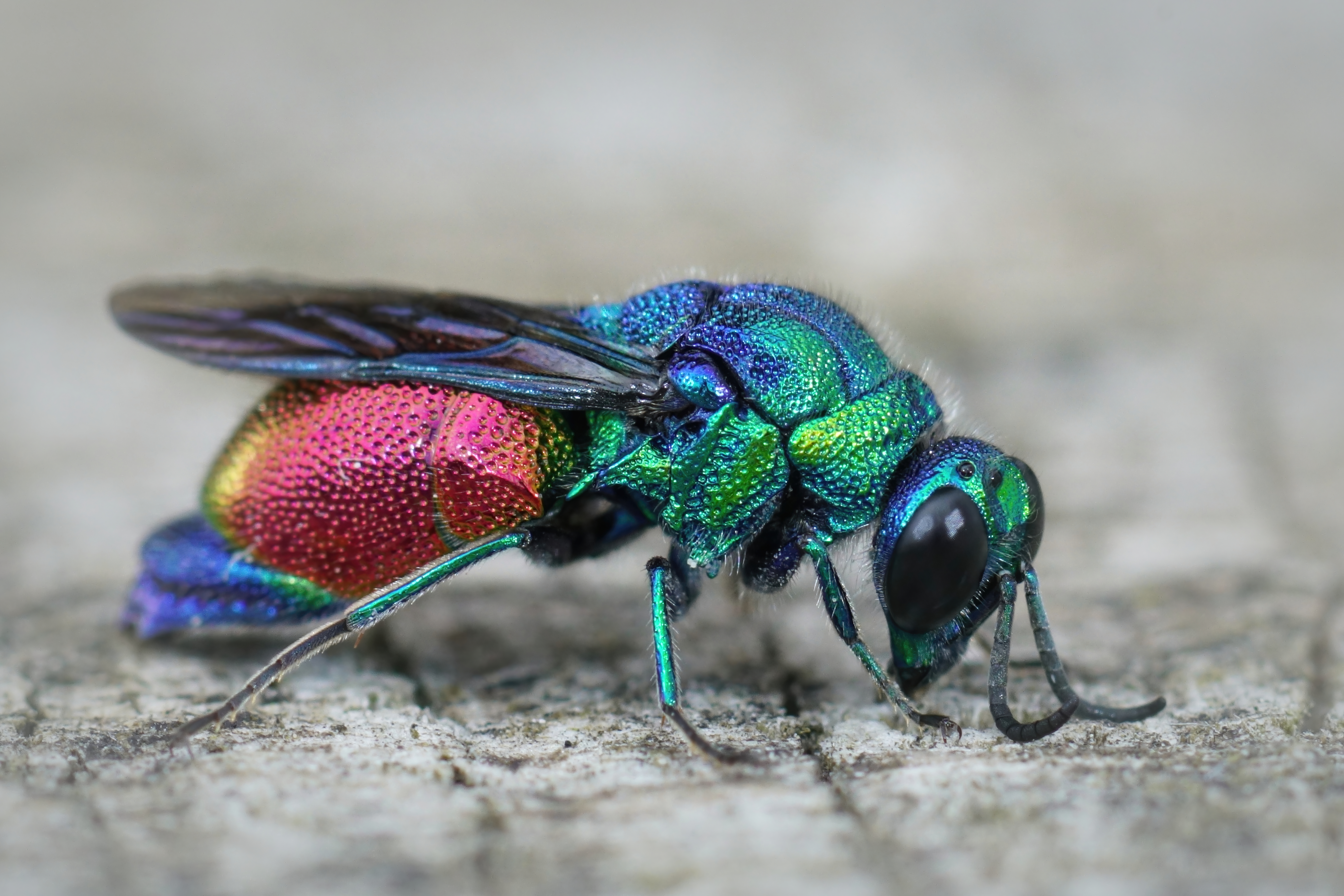




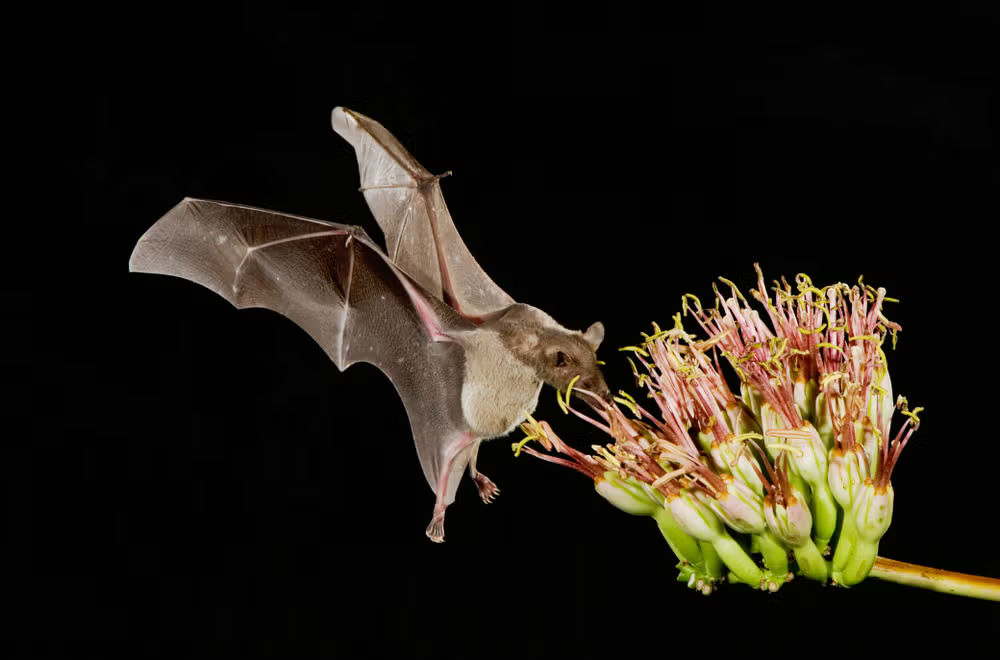
The night shift pollinators behind tequila.
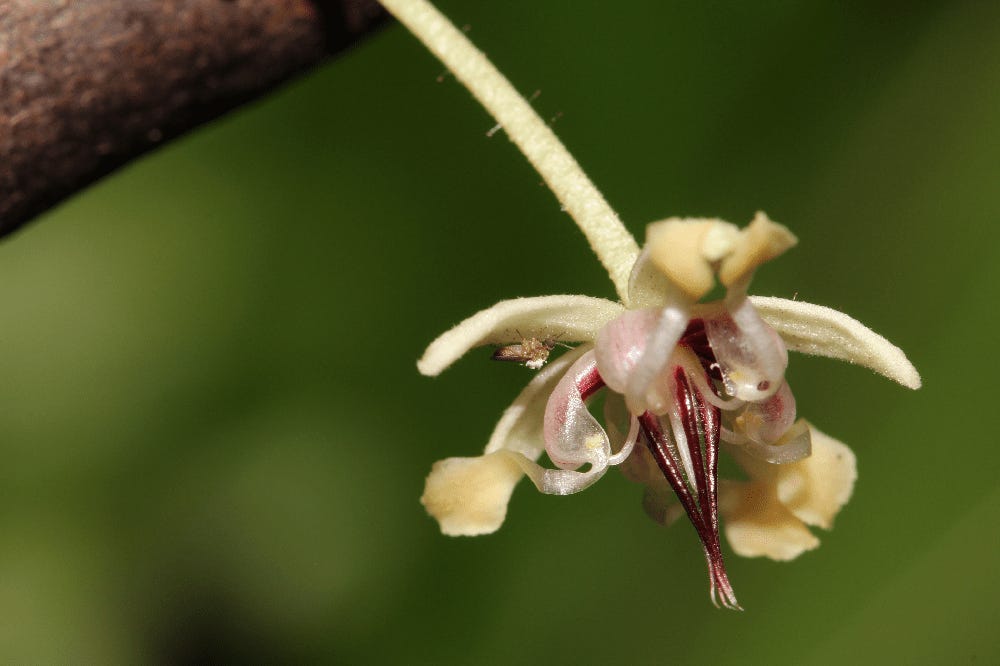
The tiny heroes behind your chocolate fix.
Pollinators give us more than honey — they give us life.
Take a closer look at just how much they do.
75%
of our food crops - everything from fruits to nuts.
80%
of all flowering plants - helping keep forests, fields, and gardens alive.
$235+ billion
global impact- fueling economies and securing food systems.
$150+ billion
in annual agricultural impact - turning blossoms into abundance worldwide.
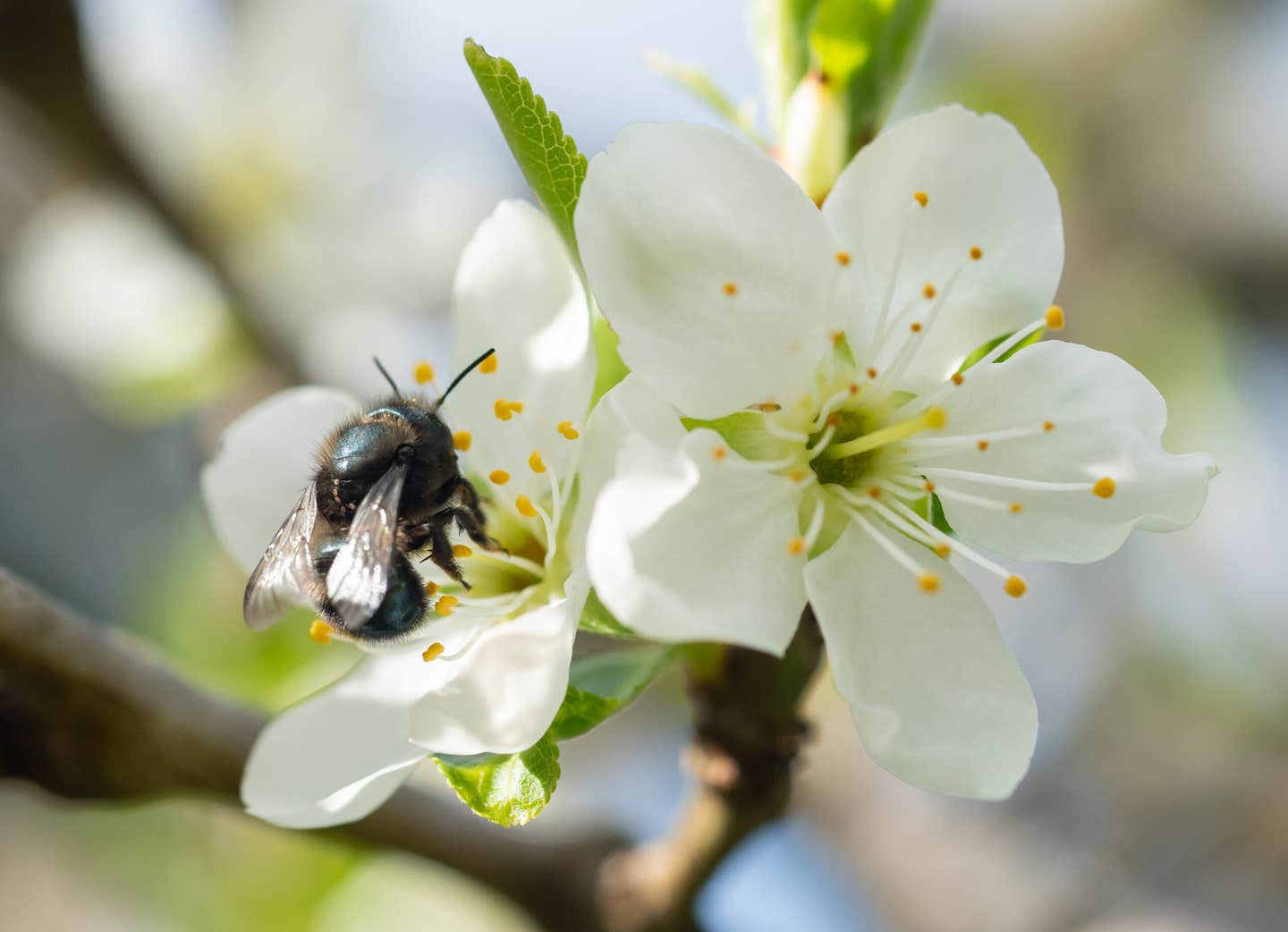
And yet – they’re disappearing.
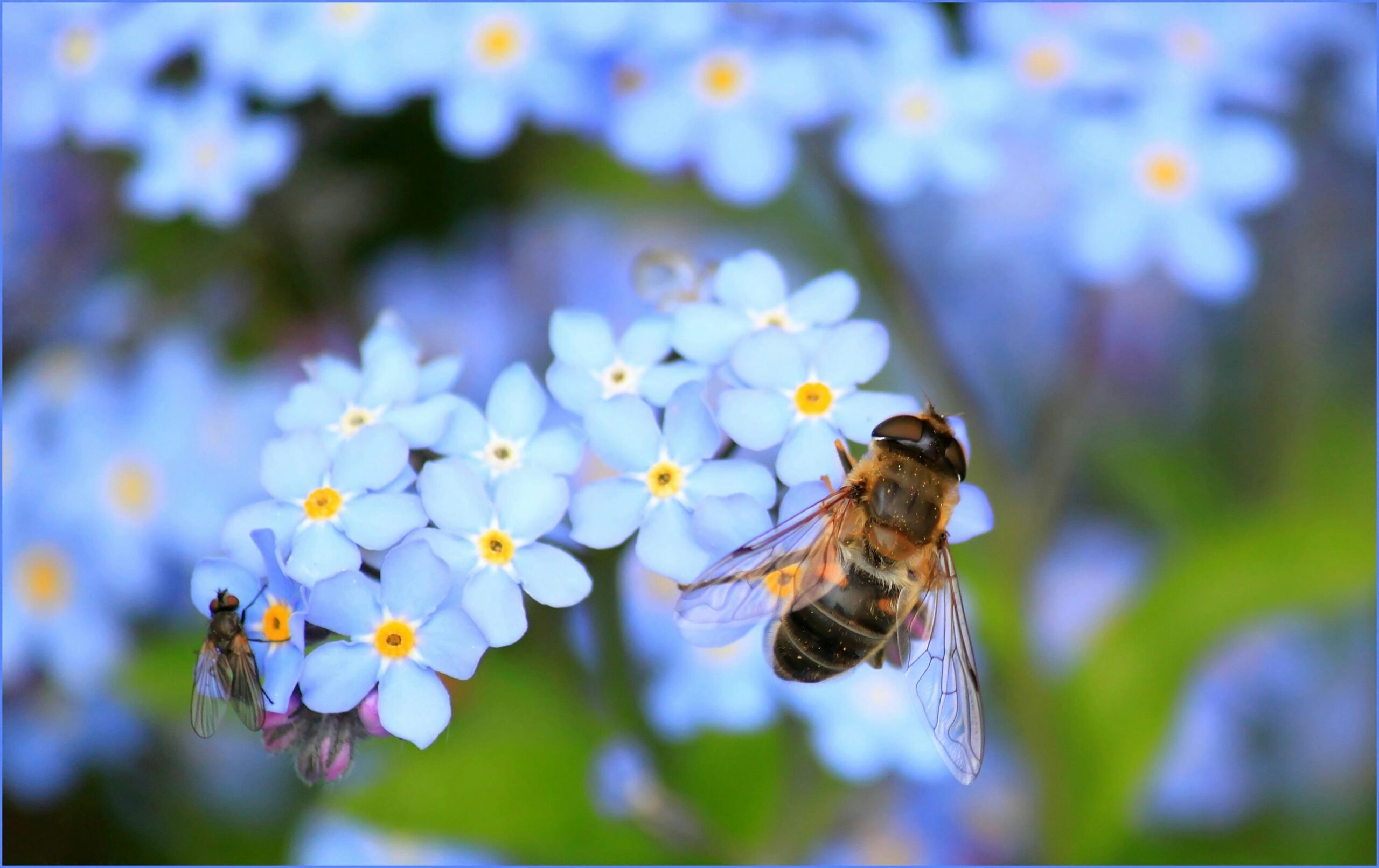
Wild bees don’t need perfection. They need people.
Whether you’ve got a balcony box or a backyard, your garden can become a haven for wild bees. In urban areas, private gardens provide 85% of nectar. That means gardeners are frontline defenders in the fight to save pollinators.
Plant for Pollinators
Wildflowers, native plants, or flowering herbs—even in a window box.
Build Bee Habitats
Install a bee hotel. Leave bare soil. Drill small holes in untreated wood.
Ditch harmful chemicals
Avoid pesticides, herbicides, and fungicides – including natural ones like Bacillus thurinigensis (Bt) and especially neonicotinoids – that can harm pollinators. Opt for organic methods, natural pest control, and pollinator-safe products instead.
